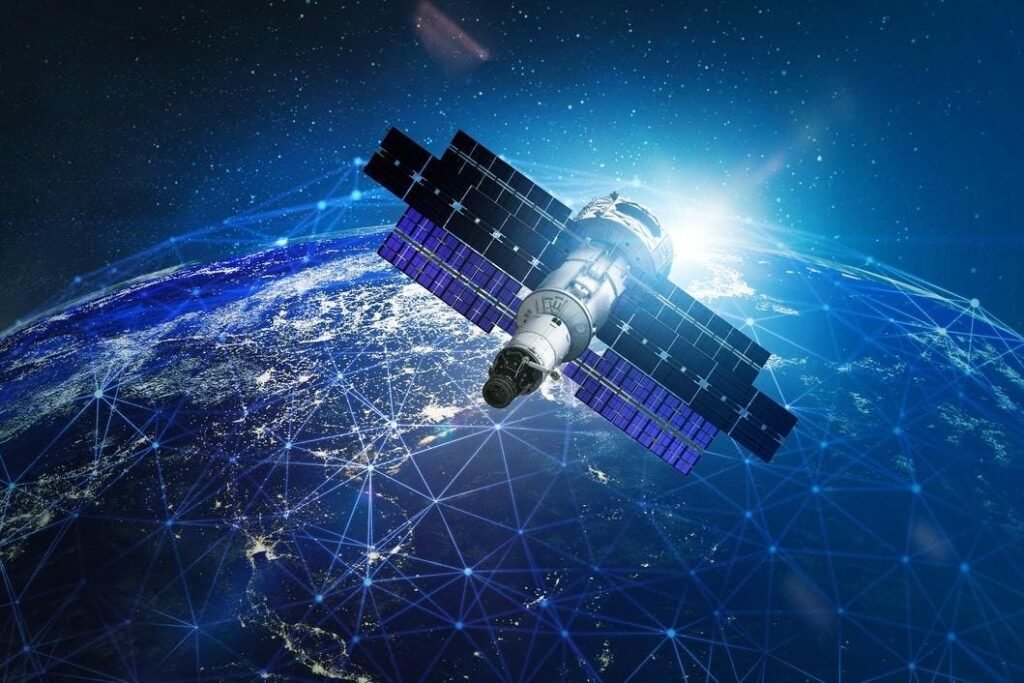Kevin Korte, President of Univention North America, is at the forefront of ensuring data security in the face of increasing satellite communication. With nearly 3,000 satellites deployed for communication purposes in 2023, the space industry is thriving. However, this growth has made satellites a prime target for cybercriminals, raising concerns about national security and corporate data protection.
The vulnerability of satellites to cyberattacks poses a significant risk to companies and organizations worldwide. Cybersecurity researcher from Oxford University was able to intercept data traffic from corporate networks relayed via satellite in 2020, highlighting the potential security breaches in satellite communication. The question of whether adversaries have compromised satellites is now a matter of national security, emphasizing the need for proactive measures to thwart cyber threats.
Updating ground-based controls for satellite security is feasible, but updating technology in orbit is a challenge. Satellites have an average lifespan exceeding 20 years, making it difficult to implement contemporary cybersecurity measures. The cost and environmental impact of replacing outdated satellites are significant, leaving many satellites operating with obsolete security defenses. The recent GPS disruption in Europe due to alleged Russian interference demonstrates the vulnerability of satellite systems to disruptions.
Satellite communication dependencies are essential in running modern technology and commerce. For example, GPS not only aids navigation but is critical for authentication and encryption algorithms used in cybersecurity. Maintaining accurate time signals from satellites is crucial for preventing cyberattacks, highlighting the importance of satellite communication in securing global supply chains and consumer infrastructure.
To secure systems relying on space-based channels, businesses can take proactive measures. Encrypting traffic over private links, establishing alternative communication channels, and practicing disaster response plans are key strategies to enhance satellite communication security. By preparing for potential disruptions, monitoring dependencies, and enhancing incident response capabilities, organizations can mitigate the impact of cyber threats to satellite communication.
As space-based communication becomes integral to modern technology, the need to secure satellite systems is paramount. With the increasing reliance on satellites for communication and navigation, businesses must prepare for potential cyber incidents that may disrupt satellite communication. By implementing security measures, monitoring dependencies, and practicing incident response plans, organizations can mitigate the impact of cyber threats and ensure continuity in their operations.











